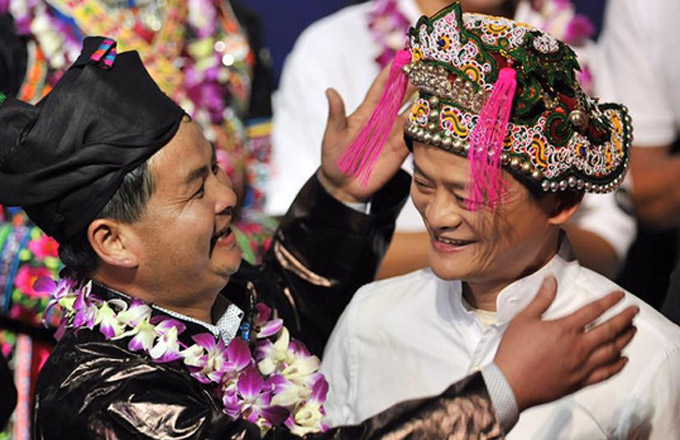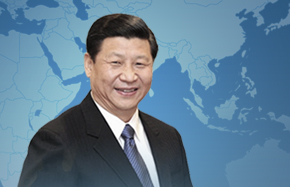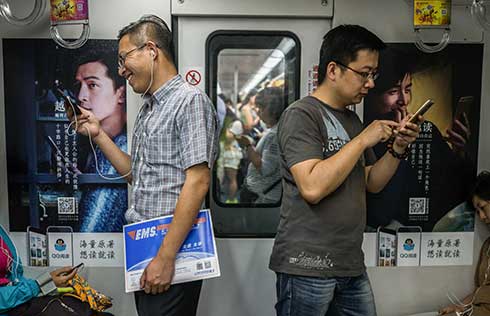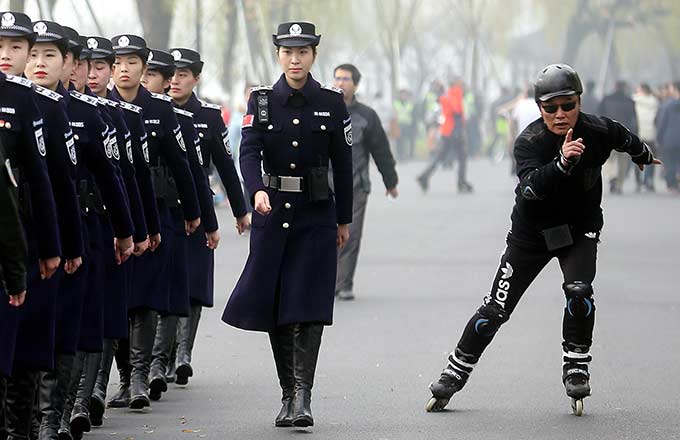Writer sued over alleged plagiarism
A court in Beijing has accepted a case involving an online novel writer whose allegedly plagiarized work was adapted for a popular TV soap opera.
The Chaoyang District People's Court confirmed that 11 online writers had jointly sued Zhou Jing, who writes under the pseudonym Qin Jian, for copying their works.
Zhou, the author of the novel The Princess Weiyoung, previously titled The Poisonous Daughter, was accused of plagiarizing more than 200 novels. Zhou's novel was used for a high-profile TV series called The Princess Weiyoung, which began airing on Beijing TV and Dragon TV in November.
The novel was published in installments beginning in 2012 on the website of Xiaoxiang Academy, a popular literary channel.
Wang Guohua, a lawyer at Beijing-based Zhongwen Law Firm, along with his team, is representing the 11 writers in the lawsuit.
"In the novel The Princess Weiyoung, there appears to be a large number of copycats regarding sentences and plot," Wang said. "It is not a simply inspired literary work but, 'copy-paste' plagiarism and infringement."
According to Beijing News, a group of volunteers compared The Princess Weiyoung with more than 200 other novels. They found that out of 294 chapters, only nine chapters are original, according to a volunteer quoted by the newspaper. "The writer may have used software to help her copy other works," the paper quoted the person as saying.
By searching "online novel software" on Alibaba's Taobao online shopping portal, many results popped up, with prices ranging from 10 to 2,000 yuan ($1.45-$289).
One online store advertised "software to help write The Princess Weiyoung".
Screenwriters, including Wang Hailin and Yu Fei, have raised 100,000 yuan to help protect the copyrights of their intellectual property.
Zhou has not yet published any response regarding the accusation.
In July, the National Copyright Administration, China's top copyright watchdog, created blacklists naming websites, mobile apps and other platforms that violate copyrights.
"This year's campaign will include blacklists and whitelists to indicate the level of copyright protection of commercial websites, internet literature websites and apps. The whitelist will highlight good examples, and the blacklist will warn of infringements," said Yu Cike, director of the administration's copyright management department.
According to the administration, 4,263 TV series and movies played on 16 online video websites in 2015 needed copyright authorization from the administration. Most submitted authorization requests and were approved. But 35 percent - up to 1,506 shows - were not authorized.
























